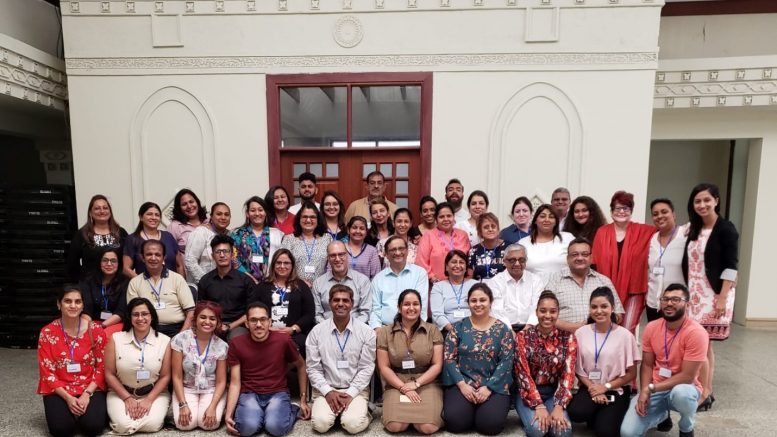The rapid changes and the nature of this developing modern society have given rise to new challenges, which means it is quite a remarkable feat when a group of voluntary RE teachers from various parts of Tanzania can come together as one. To come together as one group, in one space over the course of four days of our own volition simply because in spite of our diverse regions, we acknowledge that as teachers we have the responsibility of providing access to religious knowledge to our students in today’s society. This in itself requires perpetual training, to learn new skills and recap on the old in order to create an effective and dynamic platform for students to learn their faith, in the genuine hope that they will understand and practice it well and be great ambassadors of the faith.
On reflection, the HEMTE workshop went a long way in bringing together mentors and teachers from Dar-es-Salaam, Zanzibar, Mwanza, Dodoma and Mbeya. This workshop provided us with a platform to get acquainted with our fellow teachers from other parts of the country, share ideas and skills. It also encouraged us to recognize and learn challenges faced by RE teachers and students and to come up with plans and solutions to resolve the problems.
What made this workshop all the more engaging were the two facilitators Fauzia Moorani and Shaida Adatia all the way from USA and Canada, who in spite of the cultural and development gap between North America and Tanzania, were incredibly effective in sharing and facilitating learning and teaching skills and strategies that can be used in multiple environments without compromising on the quality of the content that was to be imparted. They were quite conscious not to be culturally inappropriate yet had the wherewithal to keep sessions engaging, fun, interactive and powerful throughout.
It is worthy of note that reflective teaching practices have become a key component of the teaching process globally, both between teachers and students as well as among fellow teachers that allows us to acknowledge where we stand as teachers and where our students are on an individual level during and after lessons. That reflection is an ongoing process that occurs before, during and post teaching and can take many different forms (written, oral, visual or audio).
Finally, it was pleasing to observe that, the dynamics of the teachers present were quite diverse. From young teachers to the more experienced and older teachers everyone was keen to learn, discuss, share knowledge and experiences, to participate and ask questions throughout the sessions. The presence of STEP teachers and ITREB members who also participated in particular sessions and shared their strategies and concerns, but also allowed us to voice ours enabled a healthy dialogue and relation to be established for the future. This workshop went a long way in helping to build the capacity of teachers and enhance the overall quality of learning.

